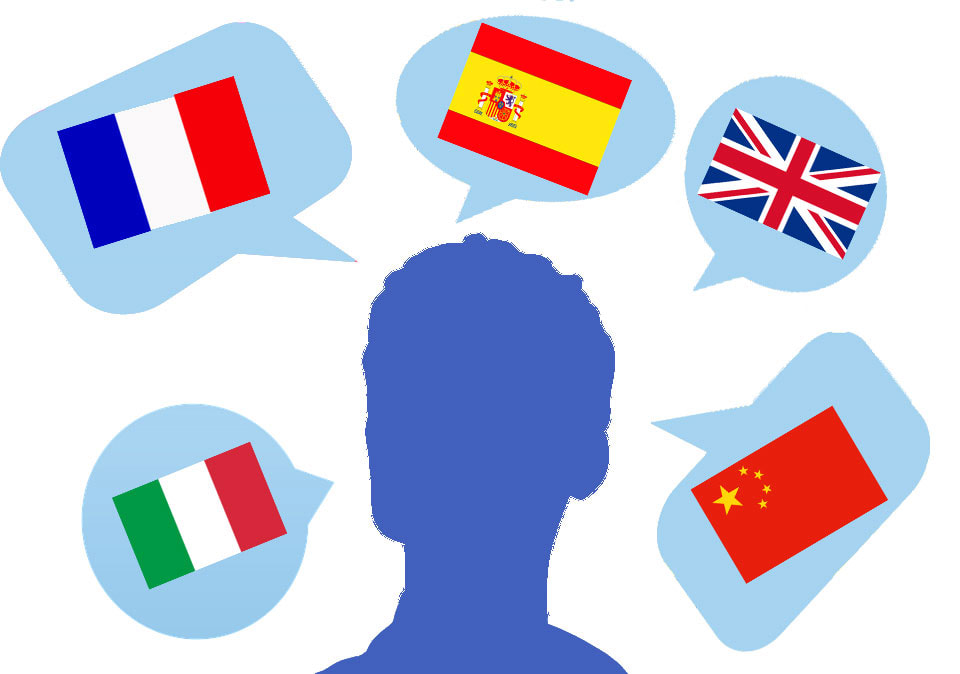 A large portion of the world’s population is bilingual. In the past, some people thought that bilingualism might interfere with one’s first language, but it’s easier to learn languages young, during the critical period. This is a window of time where the brain is primed and receptive to linguistic input and make sense of it, ultimately learning to reproduce it through speech (other sensory and motor skills have critical periods, too). It’s hard to know exactly when and why this window closes, but brain changes during puberty may be involved. Languages learned early in life enjoy a privileged spot in the brain: their effects persist, even if they are later lost! In recent years, researchers have suggested that there is a bilingual advantage in general cognition. We found that bilinguals are better at certain types of cognitive control, and are protected against the onset of dementia, showing symptoms about four years later than monolinguals. Montreal in particular is a great place to study bilingualism because of its multilingual environment. Many projects are currently being conducted to better understand language in the brain.
0 Comments
|
Archives
June 2022
|
 RSS Feed
RSS Feed